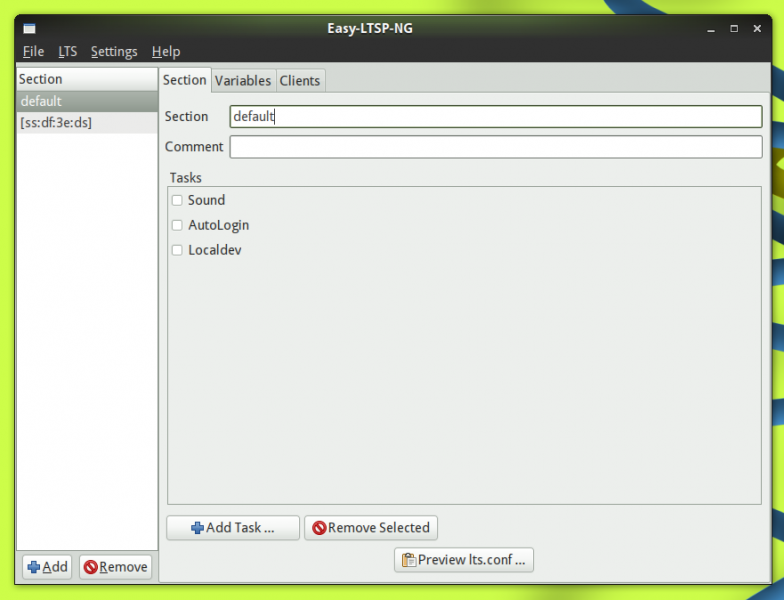Available today as part of the SUSE Appliance Program is SUSE Studio 1.0 based on the image creator technology called kiwi. When creating an appliance with SUSE Studio you also have the possibility to export the appliance description to your local computer and use the kiwi backend directly to understand more about image creation and deployment
A professional linux distribution should be able to work as an appliance which is an ll-in-one solution including the application and the operating system. A basic appliance to start with is the JeOS – Just Enough Operating System. kiwi provides these as examples in the kiwi-templates package. To create your first SUSE 11.1 appliance just type:
kiwi --build suse-11.1-JeOS -d /destination/path
The primary image type of a JeOS template is a virtual disk which you can run in a virtual machine like QEmu, KVM, Vmware, VirtualBox, etc… To do this with qemu just call:
qemu /destination/path/LimeJeOS-openSUSE-11.1.i686-1.11.1.vmdk
and here you go with your first appliance. You want to know more about kiwi, just take a look at the wiki here:
or read the full system documentation as PDF here:
Remember to have fun 🙂

 The
The 